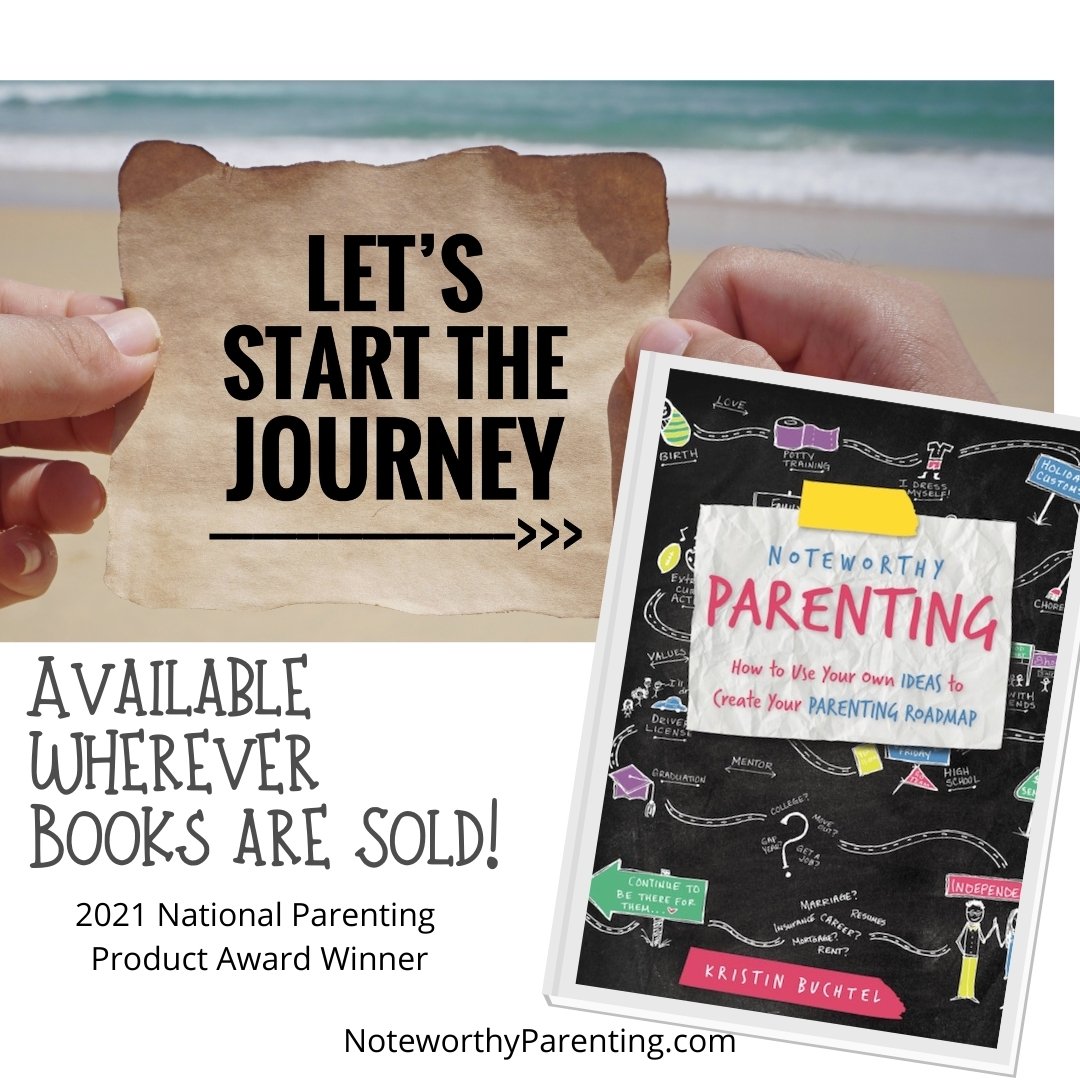Tips to Help Kids to Stop Whining and Start Problem Solving!
I love sharing fun and useful products for parents! Some links I use are affiliate links, including links for Amazon.com. I get paid a small commission without additional charge if you purchase from the links. The commissions I earn help to fund this site to bring parents fun and helpful content! Thank you!
The world says you need to be a squeaky wheel to get anything done, but there is a better way!
Whining and complaining never fix anything.
A business professor I had in college gave this advice as we were heading out to begin our careers…
When you need to tell your boss about a problem or a complaint, prepare three solutions to fix the problem. By doing this, your boss understands the problem and now has options to consider as he/she tries to fix it. That makes you a hero employee who helped the boss, the company, and themselves.
This is also a great way to mentor kids to let go of whining and have a solutions-oriented mindset.
Here are tips for getting started…
Talk about the three solutions system as a family ahead of time. Use some examples of recent problems that have happened in your home. Let’s say your child struggles to find their library book to bring back to school every week. They can not check out a new book if it is left at home. Library mornings are a frantic, crying mess. What are three different ways this problem could be solved? What ideas does your child have?
Make a game out of finding solutions to problems while driving to school or soccer practice. Add a few sticky situations like peer pressure, bullying, or partying scenarios as kids get older.
Use these prompts from Sesame Street if kids get stuck finding solutions.
I wonder…
What if…
Let’s try…
Consider WHY the problem exists. Maybe a younger child always takes the older child’s pencil before starting homework. Why are they doing this? Maybe they can not reach the sharpener or the extra pencils? What can be done to fix this problem?
Remind kids that they can ask for help. Friends, siblings, parents, teachers, and grandparents are always willing to help if they struggle to find solutions.
If a character in a book solves a problem, stop the story for a minute and talk with your child about how they did it. Can your child think of other solutions the character could have used? Down the road, they may need to use the same solutions.
When there is a big problem, kids may be too emotionally ramped up to think about answers at the moment. Help them to calm down, and then ask if they…
can think of any solutions
would like time to think and come back to you with solutions
want to work together to find solutions
There is no need to require that they bring answers every time. Offer an idea or two to get them started.
With practice and maturity, kids will form a habit of looking for solutions and eventually be ready to tackle problems independently!
More from Noteworthy Parenting:
Helping Children To Discover Their Passion and Purpose
Family Sunday Dinners: Why They Matter and How To Begin!
12 Tips to Help Parents Keep Kids Safe at the Pool
Parenting Summer Break: Backyard Ideas
Get on the same page as a family and start your Parenting Plans!
Click the book picture below and get started!

